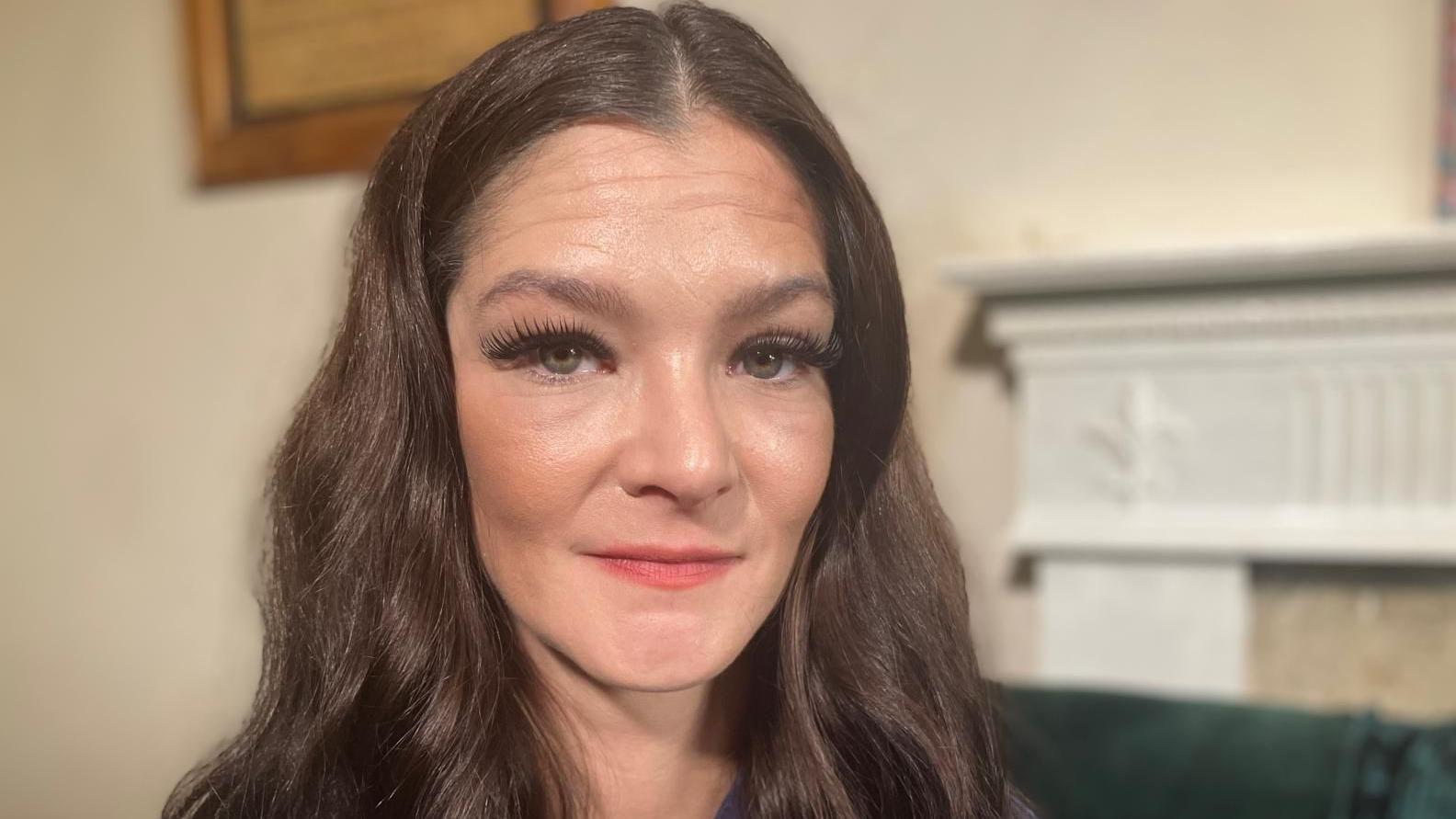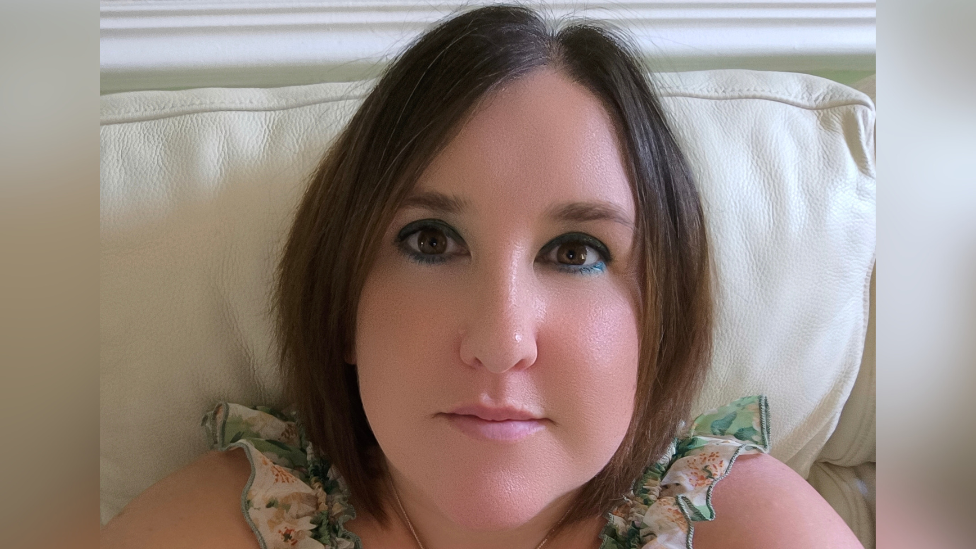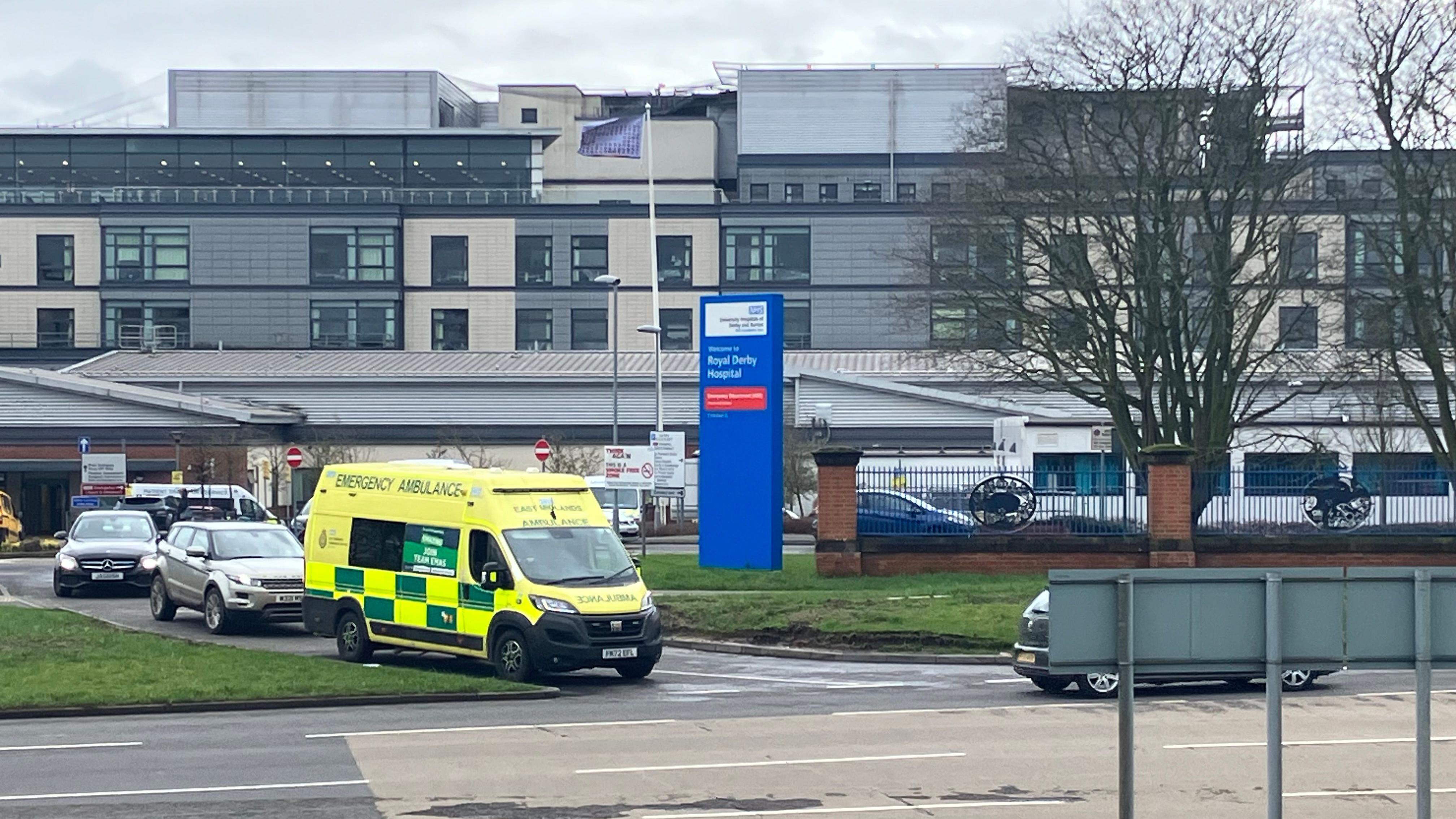Tiger Woods' Career-Long Struggle with Injuries
A History of Injuries and Surgeries
Tiger Woods, one of the most iconic figures in golf, has had a career marked by both extraordinary success and significant physical challenges. Over the years, he has undergone multiple surgeries and dealt with various injuries that have impacted his performance on the course. These incidents have raised concerns about his long-term health and future in professional golf.
Major Injuries and Surgeries
Woods' journey through injuries began in 2002 when he underwent surgery to remove fluid from around the anterior cruciate ligament (ACL) of his left knee. Despite the setback, he returned to win the 2003 Buick Invitational at Torrey Pines. However, this was just the beginning of a long list of medical issues.
In April 2008, Woods had arthroscopic surgery to repair cartilage damage in his left knee. Shortly after, it was revealed that he had stress fractures in his left tibia. By June 2008, he underwent reconstructive surgery on the ACL in his left knee, which kept him off the course for nearly nine months.
In May 2010, Woods withdrew from The Players Championship due to a potential bulging disk, later diagnosed as an inflamed facet joint in his neck. He continued to compete, but the injury lingered.
By April 2011, Woods announced he would miss the Wells Fargo Championship due to a minor injury to his left knee and Achilles' tendon. This was followed by another withdrawal in May 2011 due to a sprain of the MCL in his left knee and a strain to his left Achilles' tendon. He missed three months of action, including the U.S. Open and The Open.
In March 2012, Woods withdrew from the WGC-Cadillac Championship due to an injury to his left Achilles' tendon. He made a quick return, winning the Arnold Palmer Invitational two weeks later.
June 2013 saw Woods withdraw from the AT&T National due to a left elbow strain. In March 2014, he withdrew from the Honda Classic due to lower back spasms. His struggles with back pain continued into August 2014, when he withdrew from the WGC-Bridgestone Invitational due to lower back pain.
February 2015 brought another back injury, leading to his withdrawal from the Farmers Insurance Open. In September 2015, Woods underwent a second microdiscectomy surgery to remove a disc fragment pinching his nerve. This led to a period of recovery and further setbacks.
April 2016 saw Woods missing the Masters for the second time in three years. His back condition remained a concern, and he continued to undergo treatment. In September 2016, he announced plans to return to competition, but ultimately withdrew from the Safeway Open.
February 2017 brought more back spasms, leading to withdrawals from several events. In March 2017, he missed the Arnold Palmer Invitational and the Masters for the third time in four years. April 2017 marked another back surgery to alleviate ongoing pain, which included removing a damaged disc and re-elevating the collapsed disc space.
May 2017 was a difficult time for Woods, as he was arrested for reckless driving. He later clarified that alcohol was not involved, and he was dealing with an unexpected reaction to prescribed medications. July 2017 saw him entering a diversion program following his arrest.
October 2017 marked a turning point as Woods made his first competitive start in nine months at the Hero World Challenge. However, his recovery was not without setbacks.
March 2019 saw Woods withdraw from the Arnold Palmer Invitational due to a neck strain. August 2019 brought another withdrawal due to a strained oblique. In August 2019, he underwent arthroscopic surgery to repair minor ligament damage in his left knee.
January 2021 brought a fifth microdiscectomy procedure on his back. February 2021 was a tragic moment as Woods was involved in a single-vehicle rollover accident, sustaining significant injuries to his right leg and ankle.
May 2022 saw Woods make the cut at the Masters and PGA Championship, but he withdrew after a third-round 79. April 2023 brought another withdrawal due to reaggravating plantar fasciitis. April 19, 2023, saw Woods undergoing a subtalar fusion procedure to address post-traumatic arthritis from a previous talus fracture.
February 16, 2024, marked another withdrawal during the Genesis Invitational due to flu-like symptoms. September 13, 2024, brought news of another surgery to repair a nerve impingement in his lower back. March 11, 2025, saw Woods undergo surgery on his left Achilles tendon, which had been ruptured during training.
October 11, 2025, marked his seventh back surgery to replace a disk in his lower back. Despite these challenges, Woods continues to show resilience and determination, navigating the complexities of his health while striving to return to the golf course.



